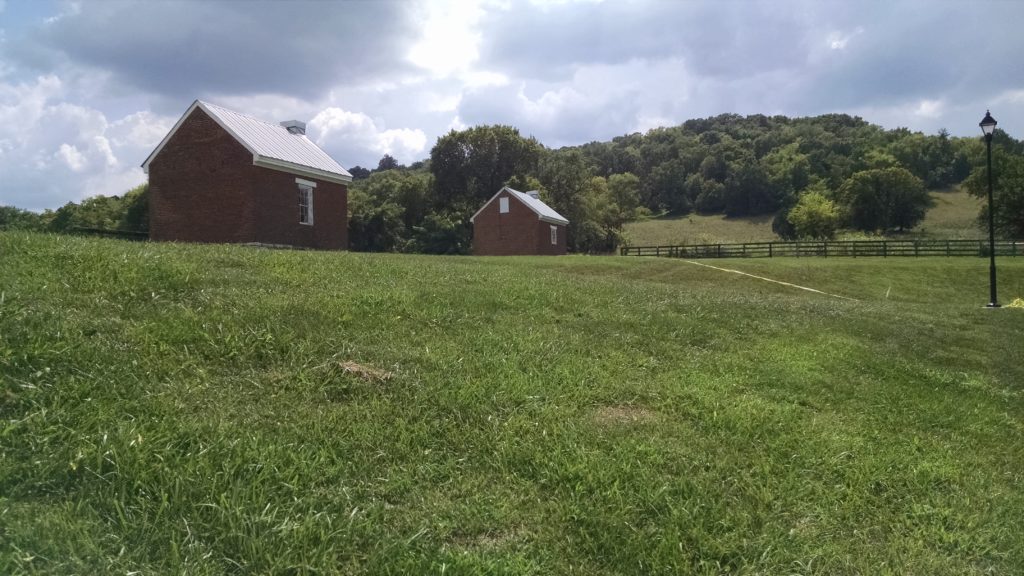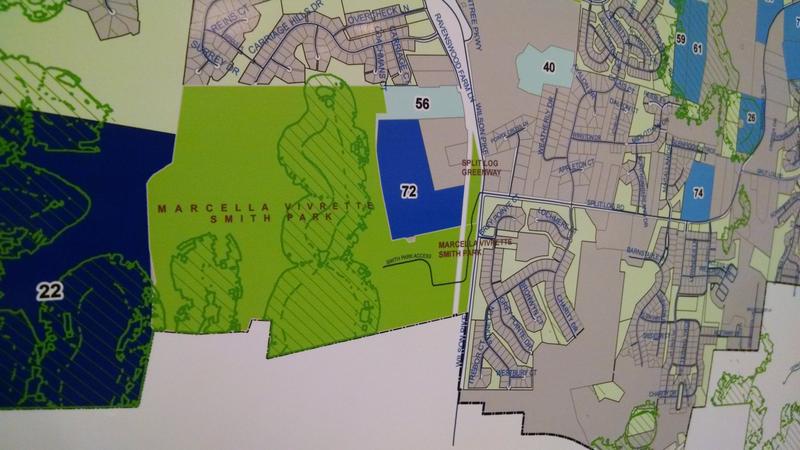
Brentwood resident Shannon Hankins has been running in Smith Park since it opened five years ago.
“I love it,” she said after completing a jog in the sweltering heat last week. “It gets me off the streets, because I’m used to running on the streets and almost got hit a thousand times.”
There’s six miles of trails tough enough to challenge hikers or an intrepid cross-country team. There’s the 200-year-old Ravenswood mansion, which the city rents out for private functions. And, at 400 acres, this is Brentwood’s biggest park.
The city of Brentwood was able to buy this land in part because of the so-called Hall income tax, Tennessee’s 87-year-old tax on earnings from stocks and bonds. Revenue from the tax is split between the state and cities.
But last spring, state lawmakers voted to phase out the Hall tax — until it disappears entirely in 2022. Republicans say getting rid of it will lead to more investment and make Tennessee truly “income-tax free.”
The move will also mean less money for many Tennessee communities, which now must figure out how to live without it. The tax may be hated by conservatives, including many Williamson County residents.
But it’s been an important revenue source— even if the taxpayers don’t know it, says Brentwood city manager, Kirk Bednar.
“What they do know is that we’re generally fairly fiscally conservative. We haven’t raised taxes for 25 years, and so I think most people just appreciate the general financial condition of the city.”
Cash from the tax accounted for about half of the park’s $10 million purchase price. The Hall tax also paid for an expansion, as well as for two other new city parks and a road realignment on the southeastern side of Brentwood.
The tax is most important in cities like Belle Meade and Forest Hills. There the Hall tax accounts for around 40 percent of the budget.

But even some less affluent cities, like Murfreesboro and Hendersonville, rank among the state’s top 25 recipients in Hall tax revenue. Murfreesboro received more than $1 million in 2015; Hendersonville, more than $600,000.
In fact, the state’s biggest beneficiary of the Hall tax is Metro Nashville. Last year, it got about $13 million, money that goes into the city’s general budget.
Brentwood ranks fifth in the state at $3 million. Bednar doesn’t foresee having to cut the city budget once the Hall tax goes away, but he says it could make it harder for the city to finance major projects, like road improvements and parks.
“There will come the point in time where we will have to make the difficult decision of either not doing projects that the community may desire or issuing more debt to do those projects.”
Which either means higher costs, or fewer of those parks and road improvements residents have come to appreciate.


